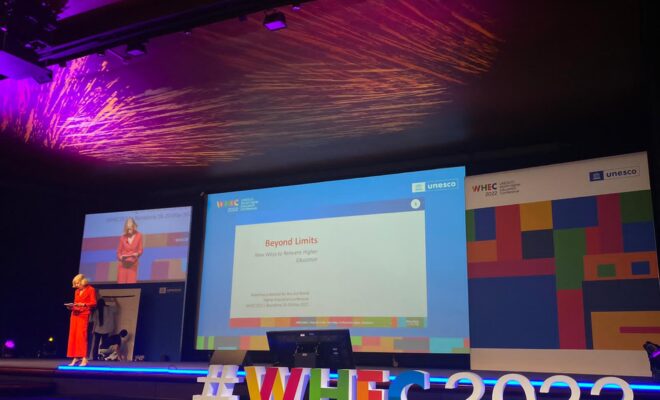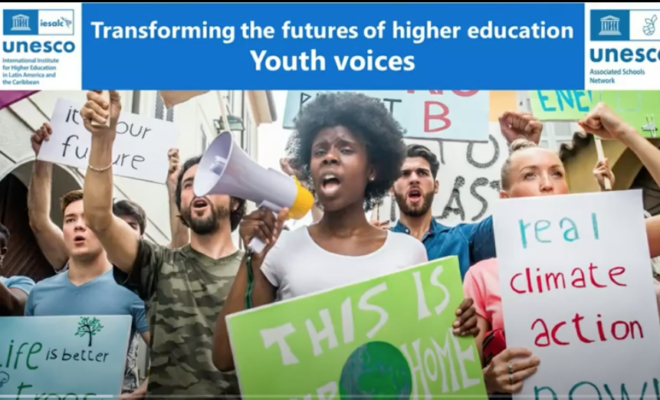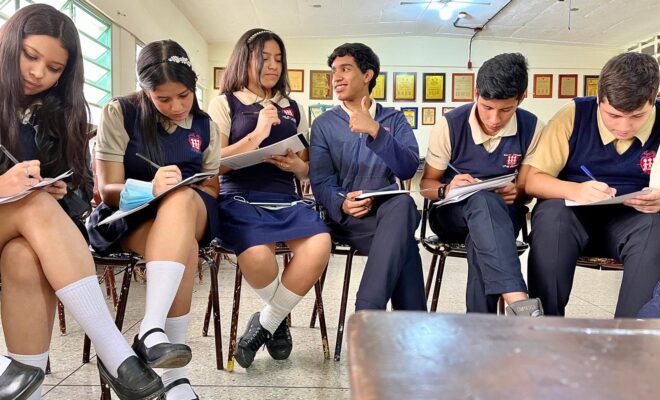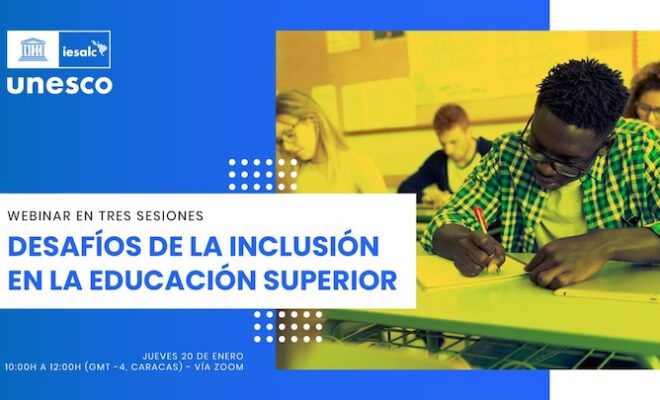Iberoamerican-European Union Meeting: A shared look at the future of education
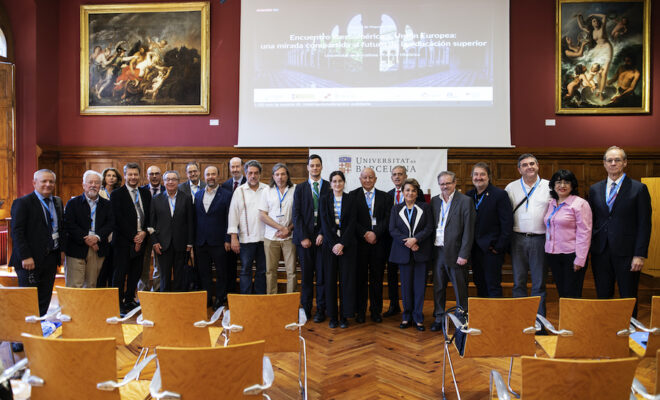
On May 16 and 17, 2022, the Iberoamerican-European Union Meeting: A Shared Look at the Future of Education was held at the University of Barcelona, as part of the Education Week that took place in Barcelona, Spain. The second day of the meeting convened by SEGIB focused on the exchange of ideas on building a more sustainable world from the universities.
Mirian Nicado, rector of the University of Havana: The pandemic shook us in Cuba and helped us to share our knowledge with the scientific sector. Without international and inter-institutional cooperation, it is not possible to achieve sustainable higher education.
José Manuel Pingarrón, Secretary General of Universities, Spain: Universities have to be a beacon to educate our communities. A mandatory and permanent education so that everyone becomes aware of this real threat. Universities have to be substantial in the awareness of societies for the planet.
Verónica Figueroa, Deputy Secretary of Higher Education of Chile: Universities are key to sustainable development: first by democratizing their spaces for participation, diversifying knowledge and making it available to societies, incorporating diverse actors and voices: women, indigenous peoples, Afro-descendants, Afro-Latinos, sexual diversities. Sustainable development is achieved by incorporating these diverse voices into decision-making spaces and universities are key in taking these voices and transforming them into academic knowledge.
Oscar Arias, Secretary of University Policies, Argentina: International solidarity cooperation in Latin America after the post-pandemic offers a new possibility to think about it, to recapitulate it, because the numbers of internationalization are very low, not only on the scale of student exchange but also on an integral scale. We have to think of higher education as a human right and work at a participatory level, to rethink the university community and implement tools such as virtuality, as a tool for greater inclusion.
Closing remarks, by way of summary
Francesc Pedró, Director UNESCO IESALC
- Being a citizen today in any country in the 21st century is a different experience if you do not have connectivity. Therefore, we must make progress and continue working with networks and providers so that connectivity reaches where it can make a difference.
- Now that we are starting to get back into the classroom we wonder where is the digital transformation that was talked about during the pandemic. Our school systems do not seem to convey sufficient competency to future college students for self-regulation of their learning processes. Our call is to incorporate the pedagogical transformation and also the needs of the students and from there see what changes this implies for the teaching work.
- 75% of universities in Latin America and the Caribbean say that they have incorporated the concept of sustainability in their strategic plans, but many fewer have been able to economically make changes in their operations. The challenge is to answer how in all our programs and subjects we can help future professionals and academics to develop competencies that will transform the development model and make it more sustainable from a social, environmental and economic point of view. At the Institute we have created a Bootcamp to support more than 350 teachers in the region to accompany this change of mentality and this commitment.
- At UNESCO IESALC we see that higher education should be articulated through 3 axes: 1. Multi-titalism, where we all sit around the same table in equality 2. Science and knowledge open to cooperative work. 3. Sustainability, where there is a commitment to sustainability everywhere.
Photo: Xènia Fuentes
Free version translation
RELATED ITEMS
